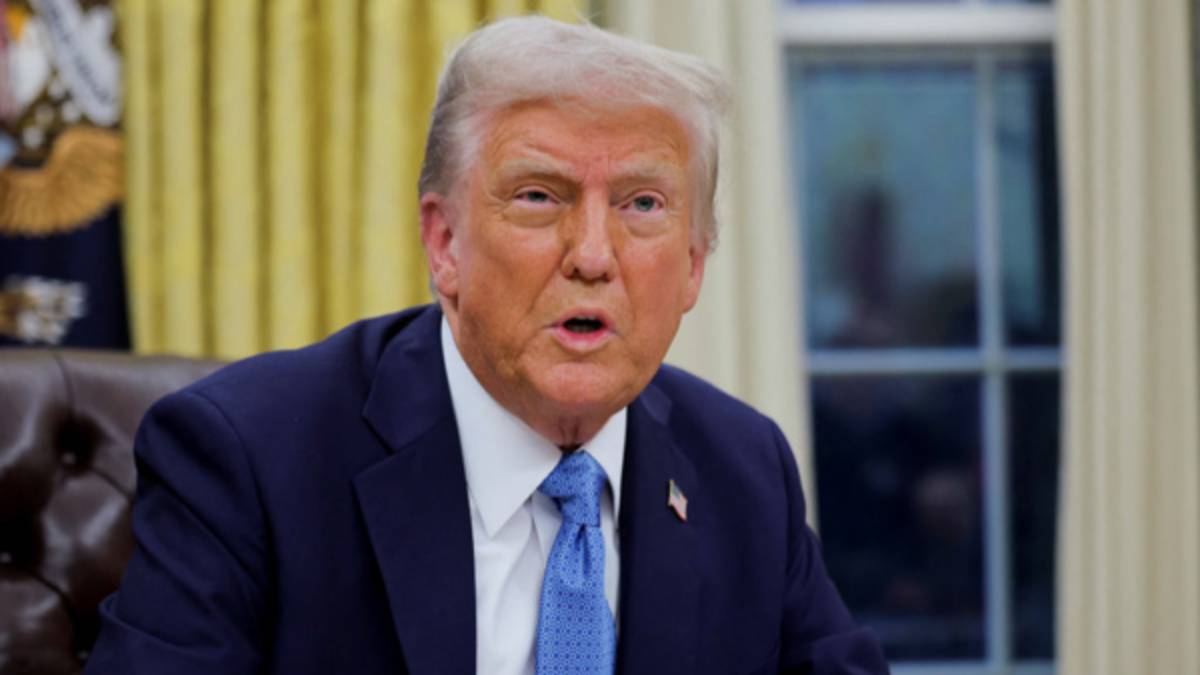US President Donald Trump has strongly criticised the European Union (EU) after it imposed a USD 3.5 billion fine on Google for anti-competitive practices in the online advertising sector, calling the penalty unfair and warning that his administration would not allow such “discriminatory actions” against American companies.
The European Commission announced the fine on Friday, stating that Google had breached EU antitrust rules by distorting competition in the adtech market through self-preferencing its own services over rivals. Google has been given 60 days to outline how it will end the practices and implement corrective measures.
Taking to his social media platform Truth Social, Trump said the money would have otherwise supported American investments and jobs. “Europe today ‘hit’ another great American company, Google, with a $3.5 billion fine… Very unfair, and the American taxpayer will not stand for it! My Administration will NOT allow these discriminatory actions to stand,” he wrote.
Trump also pointed out that Google had already paid USD 13 billion in past fines and charges, adding up to a total of USD 16.5 billion. He further argued that other companies, like Apple, had faced similar penalties that should be refunded. Warning of a potential Section 301 trade action, Trump said the US would take steps to nullify such penalties if the EU continued this practice.
Meanwhile, Google, a subsidiary of Alphabet Inc., rejected the EU’s decision and said it would appeal in court. The company’s global head of regulatory affairs, Lee-Anne Mulholland, said the measures would harm thousands of European businesses. “There’s nothing anticompetitive in providing services for ad buyers and sellers, and there are more alternatives to our services than ever before,” she argued.
The European Commission defended its move, noting that while holding market dominance is not illegal, dominant firms have a “special responsibility” not to abuse their position by restricting competition. The case followed an investigation launched in June 2021 and formal objections issued in June 2023, to which Google responded later that year.





